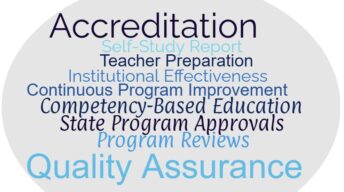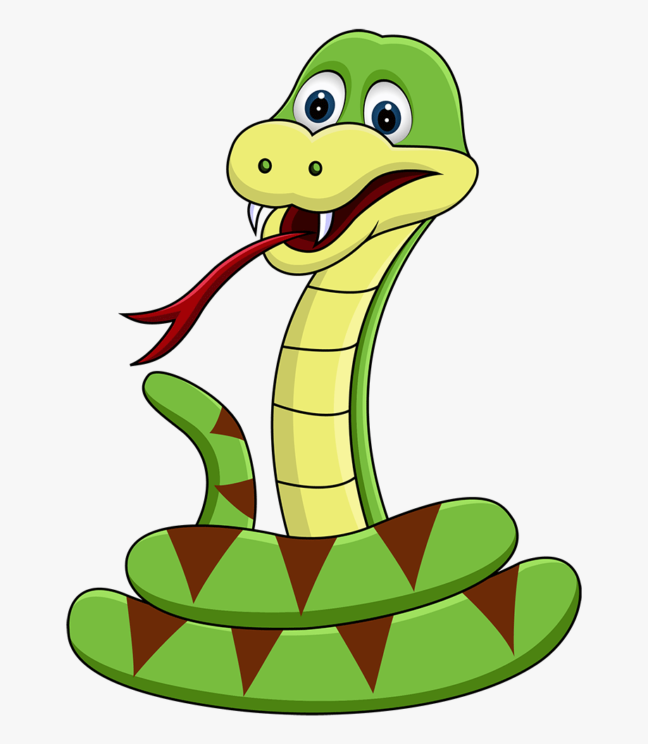Birth of a Snake Analogy
You may be wondering what being a higher education consultant has to do with snakes. Let me explain. Several years ago, my husband and I bought a small farm and decided to do a complete rehab on the old house. One weekend I was by myself and noticed something on the floor as I walked from one room to the other.
Lying very still in the hallway was a small snake, roughly 10-12 inches long. I love animals but for some reason reptiles have never been at the top of my list. I am particularly not interested in having them inside my home.
My 10-second assessment convinced me it wasn’t being aggressive, so I quickly ran for the broom and dustpan. Scooping that little critter up and carrying him a safe distance away from the house shot to the top of my priorities list, and I’m happy to report that the mission was successful.
Feeling proud of myself for taking care of this unexpected intruder in a relatively calm manner I went back in and tended to my tasks. However, after about an hour I walked into the bedroom and noticed something lying on the floor. I couldn’t believe my eyes. How did it get back in? And why would it want to come back and scare me a second time?
Upon closer inspection I then learned it wasn’t the same snake. This one’s colors were a little richer, and it was a little shorter than the first. The realization that two snakes were able to get into my home (somehow, somewhere) did not bring me joy.
Having been successful in showing my first uninvited guest out, I did the same with the second. But by the time I got back in the house I found a third in the kitchen. By the time it was all said and done, I had come across at least seven snakes in my house that weekend. Thankfully, they weren’t poisonous nor were they aggressive. But they jarred me to my bones every time I came across one.
Making a very long story short, my husband and I discovered a hole just large enough for them to have squeezed through. Why those chose to make themselves at home, I’ll never know. But we packed every crack and crevice with enough steel wool and caulk to probably withstand gale force winds.
Snakes and Consultative Support
Now, you may be wondering:
What on earth does this have to do with being a higher education consultant?
It actually fits perfectly. Let me explain:
Before I ever agree to take on a client in need of a higher education consultant, I always have a fairly lengthy conversation with them. We talk about where they currently are in a given project and what they are struggling with. I listen carefully to determine if their needs match up with my skill sets. In other words, I want to determine if I am the best person to help them achieve their goals. If I’m not, I tell them. We part ways and I wish them well.
However, if I do take on a client, I always tell them how important it is to have open, honest communication. We must be able to trust each other. For example, they need my reassurance that everything between us is confidential. It is–I never ever reveal who I work for unless I receive their express permission to share that information. But just as important, I need my clients to be honest with me and tell me exactly what they’re struggling with so ugly surprises don’t pop up later on.
In other words, I need to know where the snakes are.
Regardless of whether I’m working with a College of Education, an online learning department, or an entire institution, as a higher education consultant I need to know what keeps my clients up at night or what makes their stomachs feel queasy. I want to know where the bodies are buried (figuratively). If we agree to work together, I’ll find them eventually. But it would save us both a lot of time if I knew up front what they wouldn’t want to showcase to accrediting bodies, state regulatory agencies, and the like.
On the Path to Continuous Program Improvement
Once we lay all those problems areas out on the table, we can work together to address them. As your higher education consultant, we can work together to get those gaps filled and shore up areas that the institution knows deep down should have been taken care of a long time ago. I can support them in doing what’s necessary to ensure continuous program improvement. As long staff follow the plan, they should be able to handle any unpleasant surprises that may arise — without having to resort to steel wool and caulk.
###
About the Author: A former public school teacher and college administrator, Dr. Roberta Ross-Fisher provides consultative support to colleges and universities in quality assurance, accreditation, educator preparation and competency-based education. Specialty: Council for the Accreditation of Educator Preparation (CAEP). She can be reached at: Roberta@globaleducationalconsulting.com
Top Graphic Credit: clipartspub.com

